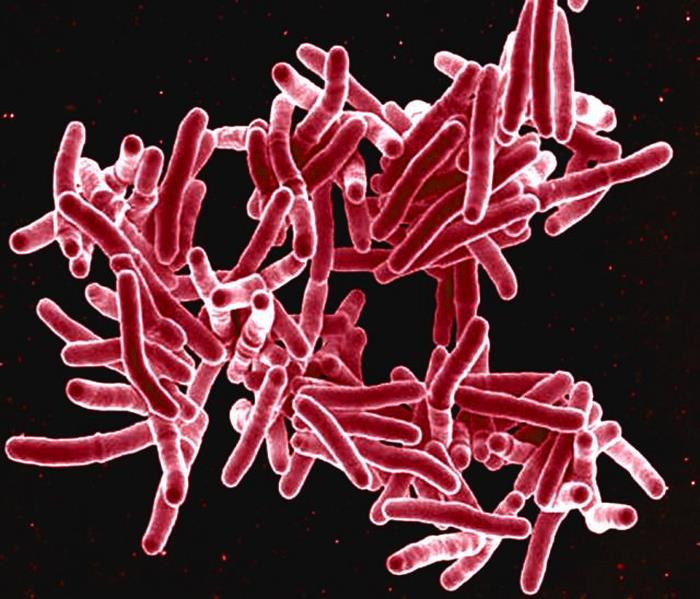The New York City Department of Health and Mental Hygiene released a new report on tuberculosis (TB) cases in New York City in 2017. The new report indicates that TB cases have increased 10 percent from the previous year, with 613 cases in 2017, up from 556 in 2016.

The number of people diagnosed with multidrug-resistant TB – TB disease that is resistant to two of the most important antibiotics and is harder and more expensive to treat – also increased.
TB continues to disproportionally affect people born outside of the United States; this population accounts for 86 percent of New York City TB patients. The most common countries of origin were China, Dominican Republic, Ecuador, India and Mexico.
Queens remained the borough with the highest rate of TB (10.6 per 100,000 people). The citywide rate is 7.5 per 100,000 people. Sunset Park (Brooklyn), Western Queens and Flushing (Queens) had the highest rates among all neighborhoods.
“Tuberculosis is a deadly, yet curable disease. The Health Department is the leading provider of tuberculosis care in New York City, and we are concerned about these new data that show TB rates have increased among New Yorkers,” said Health Commissioner Dr. Mary T. Bassett. “We’re committed to ensuring equitable access to rapid and quality diagnosis and treatment for all New Yorkers.”
While the current City administration has maintained funding for TB control efforts, over the last decade, New York City’s TB budget has been halved, including a staggering 65 percent reduction in federal funds. These funding cuts have resulted in reduced clinical services, decreased public health activities, and significantly reduced staffing.
Despite financial challenges, the Health Department has maintained services in four tuberculosis clinics that provide confidential TB testing, treatment, and care services at no cost to patients, regardless of their immigration or insurance status. In 2017, these clinics treated over half (54 percent) of the people diagnosed with TB. The agency also partners with community and elected officials in high TB burden neighborhoods to conduct TB education and testing, including five mobile van testing events in 2017.
“New York City has been a leader in TB control, and we need to address this increase in cases,” said Dr. Joseph Burzynski, Assistant Commissioner for the Health Department’s Bureau of TB Control. “It will require a coordinated public health response, coupled with the city’s robust health care infrastructure, to make progress in the effort to eliminate tuberculosis as a threat in New York City.”



One thought on “TB: 86 percent of New York City tuberculosis patients born outside US”